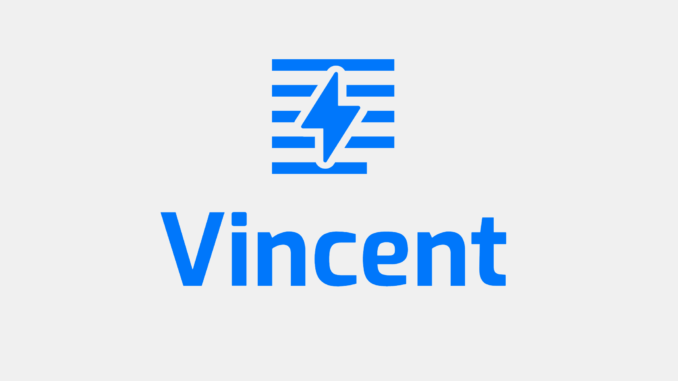
Fast-growing legal research platform, vLex, has widened the capabilities of its NLP tool, Vincent, to also include the UK after earlier launching it for North America. The move will help it to compete against the giant legal data companies such as Thomson Reuters/Westlaw and LexisNexis.
On a practical level what this means is that users can now conduct a contextual semantic search that will ‘pinpoint the main legal topics, identify citations, and recognise similar cases’ related to each of millions of documents a lawyer may retrieve from the research platform.
This is an improvement on key word-based search and should save time, as well as hopefully reveal additional useful information that may have been missed, or simply swamped and lost by too many non-relevant responses.
Is this a big deal? For vLex – which acquired UK-based legal research platform Justis last year – it is. However, from a market perspective what this is doing is making vLex more competitive against the large legal data companies that have also incorporated NLP to improve legal research.
As explored in previous Artificial Lawyer articles, vLex has set its sights on not just being another player in the legal data market, but is seeking to take customer share away from companies such as LexisNexis and Thomson Reuters/Westlaw, and outcompete groups such as Wolters Kluwer and Bloomberg Law, which are also seeking to prise away some of the Big Two’s clients.
Here’s a short video below of what vLex is doing now:
Preparing Vincent to handle content from the UK was the work of teams from London and Barcelona, bringing together law experts, experienced developers and legally trained editorial staff to ensure the quality of the results it returned, the company added. It is also going to offer free trials of the system to help drum up interest.
Robin Chesterman, Head of Product Development at vLex Justis, concluded: ‘With researchers elsewhere in the world already taking advantage of Vincent, we felt it was very important to make this available to the UK.
‘Being able to use your own documents as a basis for a search is very powerful – it gives you more confidence in your research and offers an advantage in litigious matters by analysing an opponent’s skeleton argument to see what they might have missed.’
Can vLex consider supporting SMMEs in South Africa with a year’s free access for their online subscribers, many of whom cannot afford this or other online tools, but would undoubtedly benefit from it?